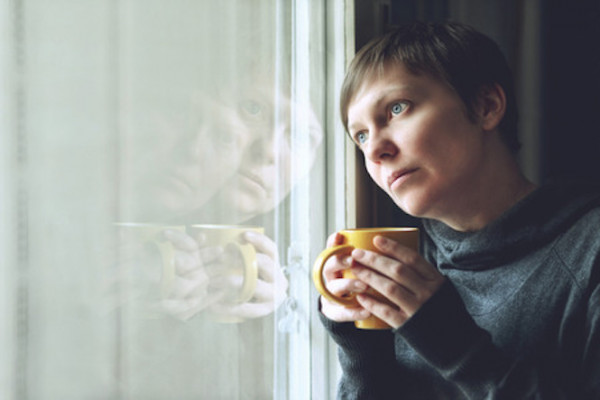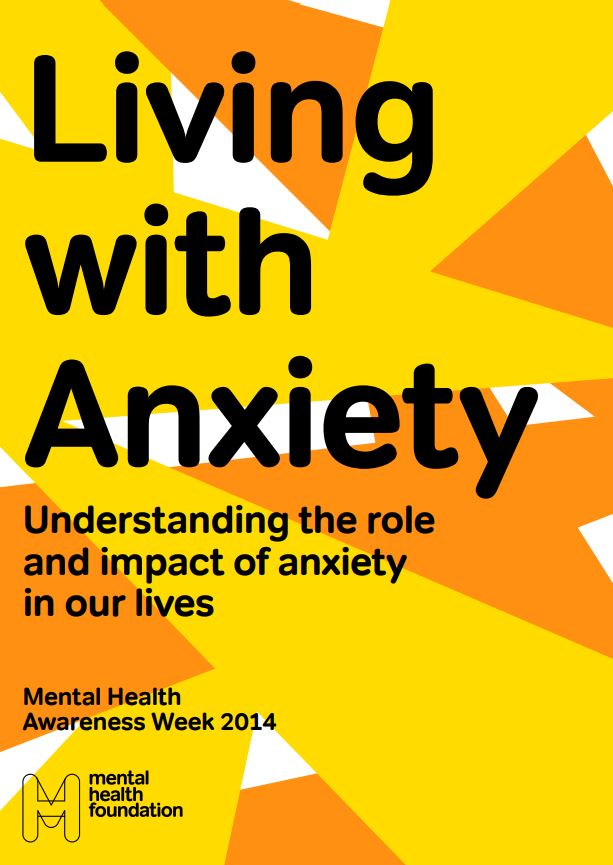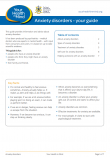Things that can make a difference include:
- learning about agoraphobia and the self-care techniques you can use to manage it (see below)
- psychological therapy
- medicine.
For most people, a combination of these will work best.
Psychological therapy
There are trained professionals who know about agoraphobia and how to help someone who is affected by it. They can provide you with support and help for working through any distressing thoughts and feelings you have. They can also support you to make positive changes in your life. For some people, it might be helpful to understand why your agoraphobia developed, and this may involve processing earlier trauma. For others this isn’t important or useful and the key is to focus on changing their thinking and behaviour.
Cognitive-behavioural therapy (CBT), a psychological therapy that largely focuses on overcoming unhelpful beliefs, has been shown to work well with agoraphobia. Sometimes, therapy will also involve desensitisation which is a gradual exposure to your fear of situations or places that would be difficult to get away from or get help in. This can be a very effective step in getting over your phobia. Don’t worry though – this only happens when you are ready and at a pace that is right for you.
Ask your healthcare provider for a referral or you can find a counsellor, therapist or psychologist(external link) yourself. If you can’t get out to see a counsellor or therapist, some people offer phone counselling. Phone Anxiety NZ 0800 ANXIETY (0800 269 4389) for a recommendation.
Medicines
Medicine such as a selective serotonin reuptake inhibitor (SSRI) is usually recommended. Sometimes benzodiazepines may be used together with relaxation techniques and psychological therapy, however it’s important to develop techniques to reduce anxiety, rather than relying on a medicine to make you feel relaxed. The choice of medicine will depend on your preference, response to previous medicines and consideration of possible side effects.
Selective serotonin reuptake inhibitors (SSRIs) are a type of antidepressant that have been found to be effective in treating mood disorders (eg, anxiety, panic attacks and obsessional thoughts). An SSRI called sertraline is a commonly used medicine for people with agoraphobia. Read more about sertraline.
Benzodiazepines have a calming, relaxing effect and a short course may be prescribed for severe flare-ups of panic-related symptoms. Benzodiazepines must be used for a short time only, as they are very addictive medicines. Ongoing use for longer than 2 to 4 weeks is not recommended. Read more about benzodiazepines.









